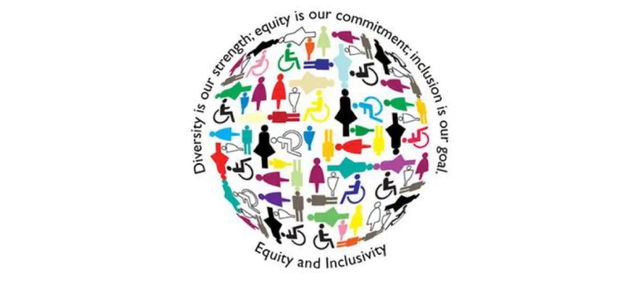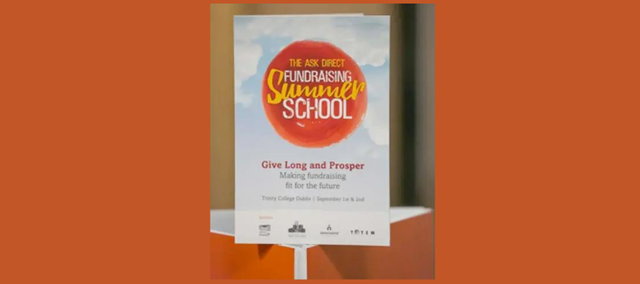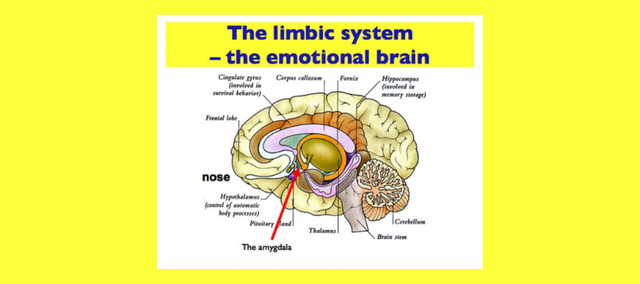Opinion and debates
Hot topics abound in fundraising and this showcase puts the spotlight on some of our sector’s most influential controversies and opinions. In these feature articles and debates, fundraisers are free to give their views. These pieces are designed to be balanced, constructive and respectful of the sensitivities of others. Some of the authors have started a debate within their articles, and we invite you to add your ideas in the comments.
How getting diversity and inclusion right will help us change the world

by Vanessa Chase Lockshin
Vanessa Chase Lockshin outlines how the fundraising sector is good at asking about diversity but rarely progresses beyond it to equity and inclusion. Her suggestions are bound to get you thinking.
Read moreMoving from fairness to openness

by Beth Ann Locke and Jen Love
Exploring the issue of fairness Jen and Beth Ann demonstrate how progress can only come about through inclusive and insightful dialogue within our organisations.
Read moreInspiration is scary

by Alan Clayton
Alan Clayton shows us how to find a great ‘why?’ and how the best organisations do this by reaching for impossible ambitions. And it’s scary. But as Alan says, it’s also necessary.
It’s just not fair!

by Joe Burnett
What are you doing to combat gender inequality in your organisation? Join SOFII’s campaign.
Read moreTwo days in Dublin: fundraising inspiration in Ireland’s capital

by Joe Burnett
SOFII attended the Ask Direct Summer School, one of 2016’s most inspirational world class fundraising seminars. We were treated to thought-provoking, intriguing and engaging sessions by some of the sector’s leading lights. Here's part one of our reports.
Following the fold

by Lyndall Stein
Lyndall Stein shows that you're never too old to learn some new tricks and passes on some fundraising tips for the young from the old.
Read moreNotes from Ken Burnett following his review of the document ‘Current Situation and Tendency of Internet Fundraising in China’.

by Ken Burnett
This summary from the report shows that on-line digital fundraising has already made great progress in China recently and is likely to show even more potential for growth in the very near future. But, while there is good cause for optimism, some lessons have been learned and it is clear that Chinese fundraisers can gain even more, if they learn to do Internet fundraising right.
Read moreWhy I support 12 different charities

by Laura Croudace
How can you learn and improve if your training budget is titchy? Get out and donate says Laura Croudace, who wants a steady stream of fundraising pouring through her letterbox because she learns so much from it. And all those donations are still cheaper than most seminars and workshops.
Read moreJust the facts on legacy giving

by Mal Warwick
Rumour has it that legacy gifts account for as much as one-third of the philanthropic income of charities in the UK, or at least of the largest ones. Whether or not that’s an accurate estimate, it’s clear to all observers that legacies account for a far larger share of charitable revenue in the British Isles than they do elsewhere.
Read moreJob-speak: a user’s guide

by George Smith
And now from the incomparable George Smith: an expose of all that is nonsense in recruitment ads from charities. Are you guilty of the ‘booming vocative’?
Read moreThe emotional brain

by Ken Burnett
Seasoned fundraiser Ken Burnett says of his latest article, The Emotional Brain, ‘It seems to me that fundraisers don’t know as much as they might about what it is that makes people give and why; what makes them loyal or repeat donors and what binds them to our cause above other causes, come what may. So I’m fairly sure that the emotional brain is the most important subject I’ve written about in a long time. Working on it has quite altered my view of what, as fundraisers, we should be doing when we acquire and then communicate with our donors.’
Read moreCommitment. And why it matters more than anything for fundraisers

by Ken Burnett
Has the argument about the value of donor commitment finally been brought to an end? Ken Burnett reports on how Roger Craver of the Agitator and his colleague Kevin Schulman have developed a way to calculate your donors’ commitment and, from this, ascribe a commitment score to each of them.
Read more






